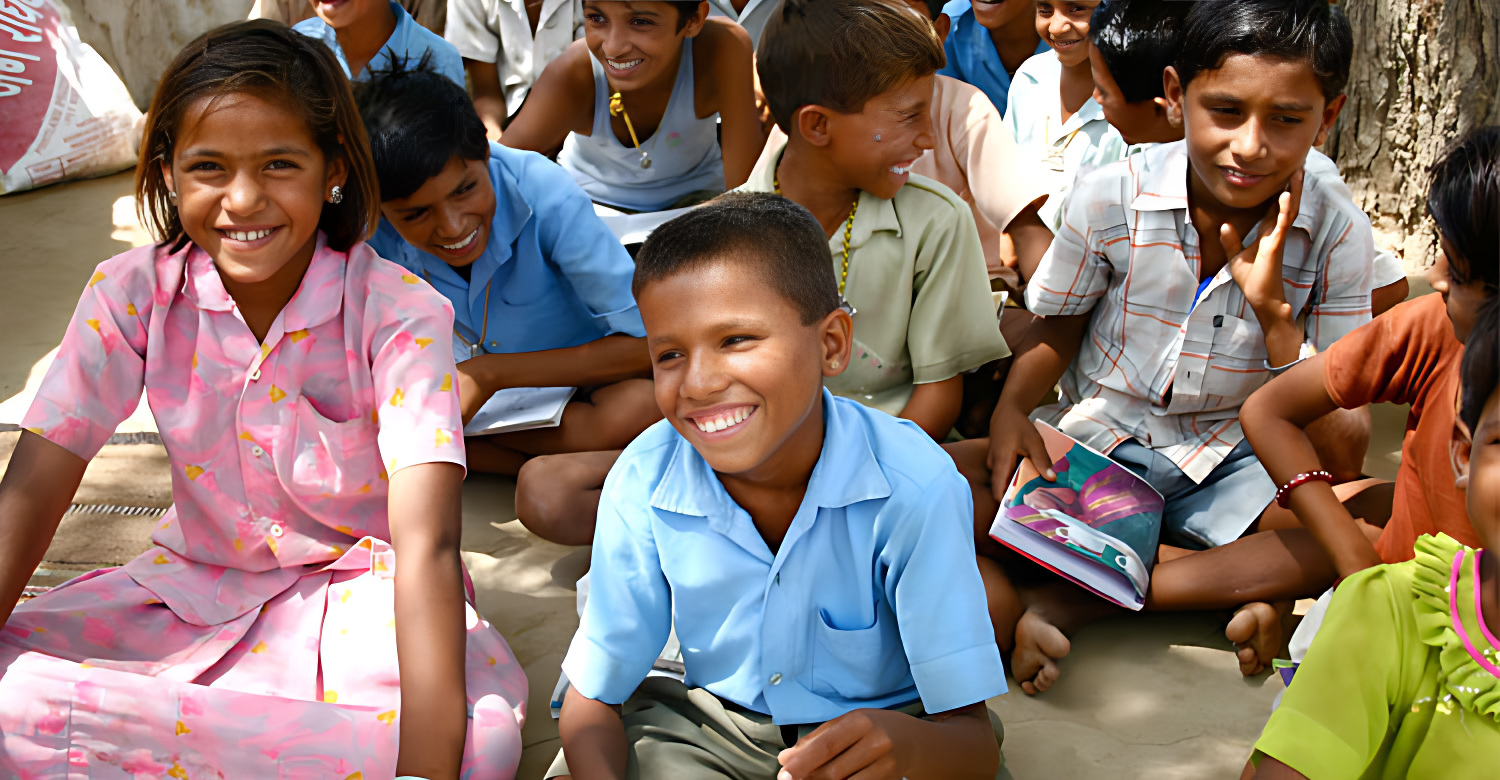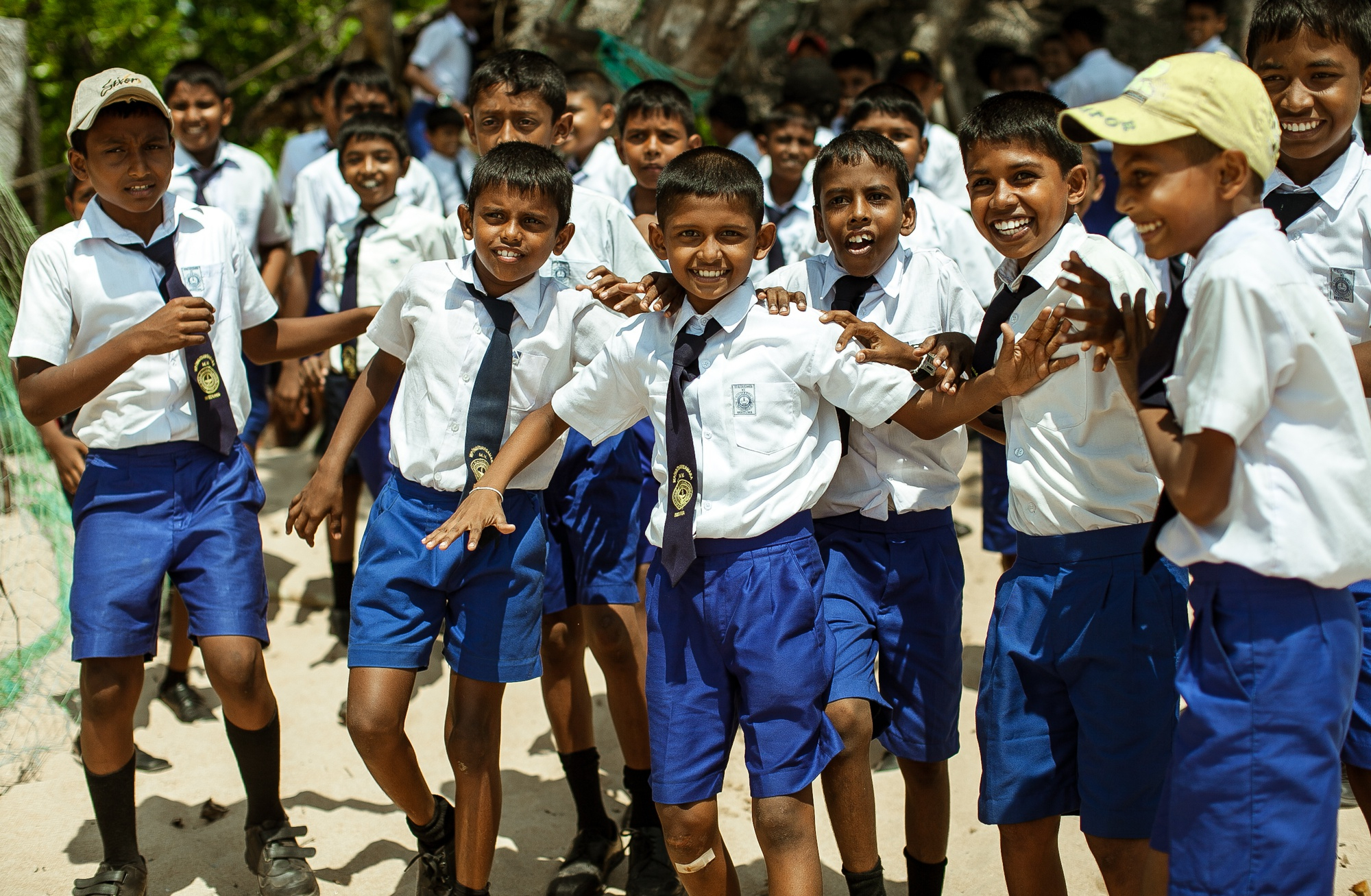In India, the landscape of social impact is evolving through strategic collaborations and partnerships between corporations and NGOs. These alliances, driven by shared values and mutual respect, are reshaping the philanthropic sector, amplifying initiatives’ impact, and fostering sustainable change. The power of these collaborations lies in leveraging each partner’s unique strengths to create a collective impact that transcends individual efforts.
As businesses and NGOs recognise the value of deeper, long-term partnerships, a shift towards strategic partnering for lasting impact is becoming increasingly evident. Corporates are now looking beyond one-time financial contributions, seeking to leverage their competencies and noncash assets to significantly benefit their NGO partners. This trend underscores a growing emphasis on creating transformative change through synergistic collaborations that address complex social challenges.
Continue reading “Collaboration and Partnerships: NGOs’ Collective Impact in India”















